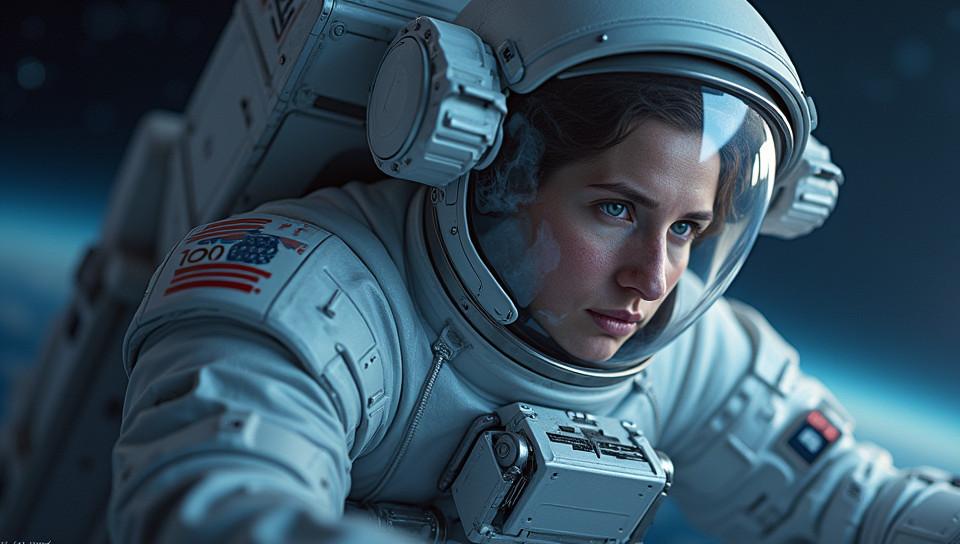Space travel poses significant risks to astronauts' health 65%

The High Cost of Exploration: Space Travel's Hidden Health Risks
As humans continue to push the boundaries of space exploration, we're reminded of the significant sacrifices astronauts make in pursuit of discovery. Beyond the thrill of venturing into the unknown lies a harsh reality: space travel poses substantial risks to astronauts' health. From radiation exposure to muscle atrophy, the effects can be severe and long-lasting.
The Radiation Factor
One of the most insidious dangers of space travel is cosmic radiation. Prolonged exposure to high-energy particles can increase the risk of cancer, damage the central nervous system, and even cause genetic mutations. Astronauts on the International Space Station are exposed to a daily dose equivalent of around 30-50 millisieverts (mSv), compared to just 2.4 mSv per year for someone living in New York City.
Microgravity's Impact on the Body
The microgravity environment of space affects the human body in profound ways. In a weightless state, fluids shift towards the head and upper body, causing puffy faces and congested sinuses. Muscles and bones also atrophy due to lack of use and stress, which can lead to issues like osteoporosis and decreased strength.
- Muscle loss can be significant:
- Loss of up to 20% muscle mass in just a few months
- Decreased muscle strength by as much as 50%
- Bone loss is also a concern:
- Up to 1.5% bone density loss per month in microgravity
Sleep and Circadian Rhythms
Sleep disorders are another significant issue for astronauts. The lack of a regular day-night cycle in space can disrupt the body's natural sleep-wake cycle, leading to fatigue, decreased reaction time, and impaired cognitive function.
Mitigating Risks: A New Era in Space Medicine
As we continue to push the boundaries of space exploration, it's essential that we prioritize astronaut health. This includes developing new technologies for radiation protection, designing more effective exercise regimens to combat muscle atrophy, and implementing innovative sleep strategies to maintain circadian rhythms.
Conclusion
The risks associated with space travel are undeniable, but by understanding and addressing these challenges, we can ensure the long-term health and well-being of our astronauts. As we venture further into the cosmos, it's essential that we prioritize the safety and health of those who dare to explore the unknown.
- Created by: Rei Saitō
- Created at: Aug. 16, 2024, 12:36 a.m.
- ID: 7375




